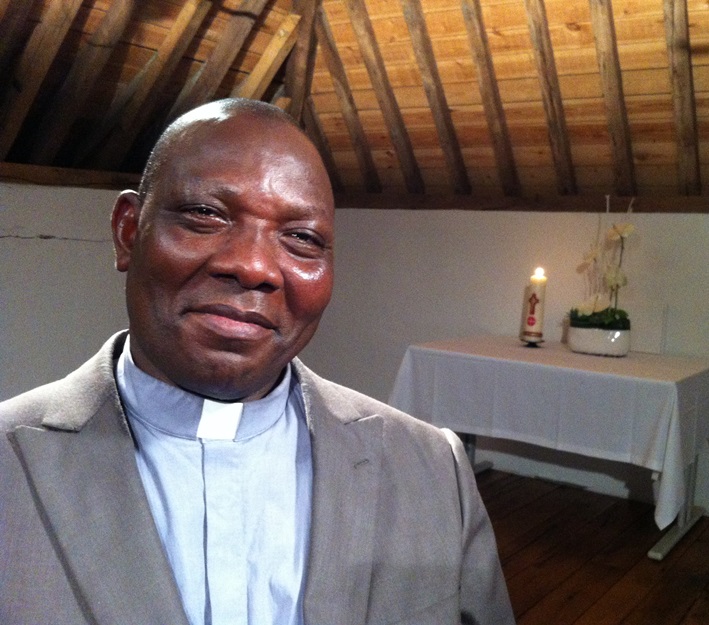|
Nigerian prelate expresses confidence new president will succeed in fighting Boko Haram
Wednesday, June 10, 2015
"President Buhari is a military man. He is a Muslim--but he has indicated that he is the President for all Nigerians regardless of religious tradition."
By Mark von Riedemann
BRUSSELS—The Nigerian bishop whose
diocese has been hardest hit by Boko Haram expressed confidence in his country’s
newly elected President Muhammadu Buhari--who was inaugurated June 2, 2015--to lead the fight against the jihadist
organization.
Bishop Oliver Doehme of the Diocese of Maiduguri made
his comments in a meeting with , Members of the European Parliament, an
encounter made possible by international Catholic charity Aid to the Church in
Need.
"The presidential election was unexpectedly
peaceful,” the bishop said, adding that “the massive turnout at the polling
stations was a clear indication that the people wanted change. Outgoing
President Goodluck Jonathan, in a moment of precarious transition which could
have destabilized the country, showed statesmanship by conceding defeat even
before the final results were officially declared. This was the fruit of
prayer."

Security issues top the country’s agenda, and nowhere
more than in the northeast of the country, where the government’s presence has
been scarce. The situation was made worse by Muslim leaders, who, angry at the 2011
election of the Christian Jonathan, allowed for the free movement of Boko Haram
militants in the region.
Bishop Doehme told European legislators that “Boko
Haram has one agenda—to Islamicize the northeast and eventually all of Nigeria,
which has Africa's largest population. The destabilization of Nigeria would
risk a spiraling of religiously motivated violence throughout the continent.
This goal, highlighted by the pledge of allegiance Boko Haram made to ISIS and the
group’s stated intent to establish a radical Islamic caliphate in Nigeria, is
very real.”
Recently, however, Nigerian military and a Joint Task
Force consisting of soldiers from neighboring Camaroon, Chad and Niger have been
successful in driving back Boko Haram forces and liberating communities. The
Joint Task Force has closed cross-border escape routes, allowing for a more
effective strategy to fight Boko Haram. Many wonder why this approach was not
implemented earlier.
"In the wake of the military successes, many displaced
people are coming back, but they return to find nothing in their homes. The
villages are wiped out: houses have been burned to the ground, animals stolen,
and the crops destroyed. The rainy season has started but they have not been
able to plant.
“Our needs are overwhelming. The Church structures too
have not been spared. Over 250 Church buildings have been razed, among them 20
schools destroyed – all of which served mainly the Muslim population. We have
nothing and need everything,” the bishop said, adding that 70,000 of his
faithful have been displaced.
Thus far, violence unleashed by Boko Haram has claimed
more than 11,000 lives, displacing 500,000. Bishop Doeme reported that “young
boys captured were forcefully conscripted as Boko Haram fighters; girls were
forced to convert and marry the terrorists and the elderly were left to die of
starvation. This has affected every village that has fallen into their hands.”
Much remains to be done: "Most of the terrorists are
still in the bush and the fact that the Sambisa Forest, the hub for Boko Haram,
has not yet been recaptured is also worrying. But President Buhari is a
military man. He is a Muslim—but he has indicated that he is the President for
all Nigerians regardless of religious tradition,” the prelate testified.
ACN photo: Bishop Doehme in Belgium
|